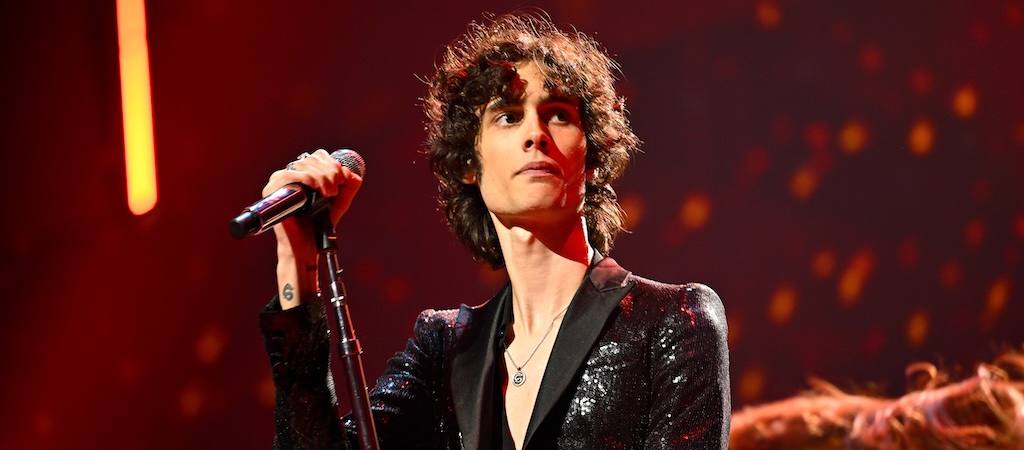With a confirmed date for the 2021 ceremony, the Recording Academy is now focused on pandemic-proofing the show.
The show will go on. That’s the word from Recording Academy chair and interim president/CEO Harvey Mason Jr. about the 63rd annual Grammy Awards, slated to take place Jan. 31, 2021. Less certain, in the age of the coronavirus, are all of the other particulars, including whether the ceremony will air live from Los Angeles’ Staples Center as planned.
Mason says he is in “constant communication” with Los Angeles Mayor Eric Garcetti’s office, medical advisers, network partner CBS, the venue and executive producer Ben Winston regarding the latest updates that inform the reopening process. California is currently in stage two — and concert venues in the state do not reopen until stage four.
“Our current plan is to hold [Jan. 31] as our date for the show,” says Mason. “We’ll make a determination as we get closer as to what type of show we’ll have, whether it’s a traditional live show with an audience or minus an audience, or maybe there’s a third or fourth option. We are developing all of them simultaneously so that when we have to make a decision, we are not behind in our planning.” Mason says a final decision must be made in October to allow for time for designing the show.
Winston, who is taking the helm for the first time following Ken Ehrlich’s 40-year run, has “an energy that has been really exciting to work with,” says Mason. “He’s also being very flexible and creative around how this show might look based on the different possibilities.”
Mason says that when unconfirmed reports surfaced that the Academy Awards (which are slated for Feb. 28, 2021) may be postponed, it gave him pause. “It gave me a second to think, ‘Is a [delay] something that we should be doing?’ But I realized it’s a different situation,” he says. “I had also already spent a lot of time talking to heads of labels, managers, artists, attorneys and the streaming companies, and there was definitely more music being released because artists aren’t touring and they want to put product out. I had a good feeling that we weren’t going to delay.” (The Grammy eligibility period is for projects released between Sept. 1, 2019, and Aug. 31, 2020.)
Come December, when the nominations are revealed, they may reflect the efforts of the Recording Academy to diversify voting membership by actively soliciting younger voters, female voters and voters of color. “The more diverse our membership is, the more diverse our nominees are,” says Mason. “And the more diverse our nominees are, the more diverse our winners are. It is definitely a trickle-down system that we’re aware of. It’s very, very important to me.”
Already, the Grammys will feature changes in a number of categories, including best new artist, where the track maximum has been eliminated (previously, an artist who had released 30 tracks or more was not eligible). In other key changes, the academy has renamed or redefined categories in the R&B, rap and Latin fields to better reflect the musical landscape.
“These latest changes to our rules [are] part of a new chapter of inclusion and transparency for the academy,” says Mason. “Because the Grammy Awards reflect what’s happening in music, we work to evolve the awards process every year to meet the growing needs of all music-makers.” As the academy enters a new chapter — which Mason has helmed since January, when the organization’s then-new president/CEO, Deborah Dugan, was placed on administrative leave before her official dismissal on March 2 — he says, “We look forward to continuing to work with the music industry to drive positive change.”
This article originally appeared in the June 13, 2020 issue of Billboard.



